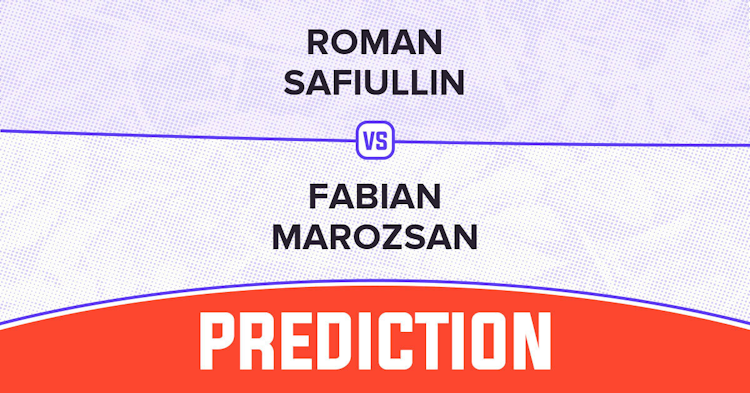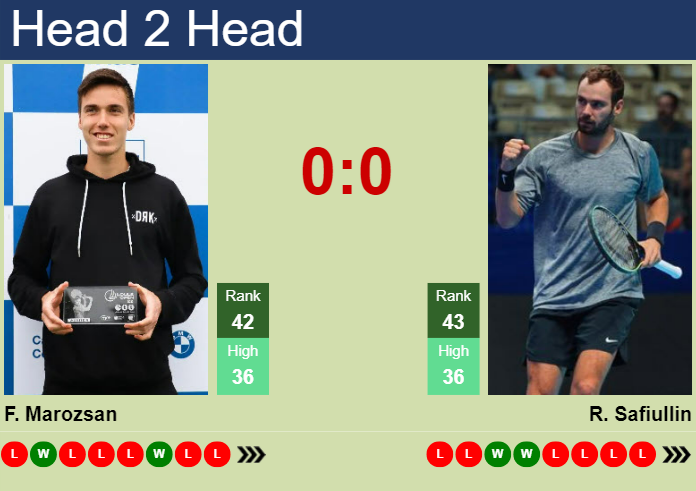Alright, so today I’m gonna break down how I approached predicting the Marozsan vs. Safiullin match. No fancy stuff, just my real-world process.

First thing I did, obviously, was look at the stats. I mean, gotta start somewhere, right? Checked their head-to-head record (if they had one), their recent form on the specific court type (hard, clay, grass – you name it), and their overall win percentages for the year. Websites like ATP/WTA are goldmines for this. I spent a good hour just digging through numbers.
Then, I watched some of their recent matches, or at least highlights. Stats are cool and all, but they don’t tell the whole story. You gotta see how they actually move on the court, their body language, how they handle pressure. YouTube is your friend here. I tried to get a feel for their playing style – aggressive baseliner, serve-and-volleyer, counter-puncher… whatever. This helped me visualize how they’d match up against each other.
Next up: dug into their strengths and weaknesses. Like, does one have a killer serve but a weak backhand? Does the other excel at returning but struggle with net play? I made a mental list (or sometimes jotted it down on a scrap of paper) of what each player brought to the table. This helped me identify potential areas where one player could exploit the other.
Considered the context of the tournament. Was it a Grand Slam? A smaller ATP/WTA event? How much was at stake? Some players thrive under pressure, while others choke. I also looked at their past performance at that particular tournament. Did they have a good track record there? Were they playing in their home country, with extra fan support? Little things like that can make a difference.
And of course, I had to factor in any news or updates. Were either of them carrying an injury? Had they had a tough previous match that might affect their energy levels? Social media and sports news sites are good for this, but you gotta be careful about what you believe. Try to stick to reliable sources.
After all that digging, I made my call. Based on everything I’d seen and learned, I decided who I thought was more likely to win. I didn’t just flip a coin, I tried to make an informed decision based on the evidence.
Finally, I didn’t bet the farm. This is key! Sports predictions are never a sure thing. Even the best analysts get it wrong sometimes. So I only risked an amount that I was comfortable losing. It’s all about having fun and enjoying the match, not about getting rich quick.
So, yeah, that’s pretty much my process. It’s not rocket science, but it’s more than just guessing. Hope it helps you with your own predictions!






